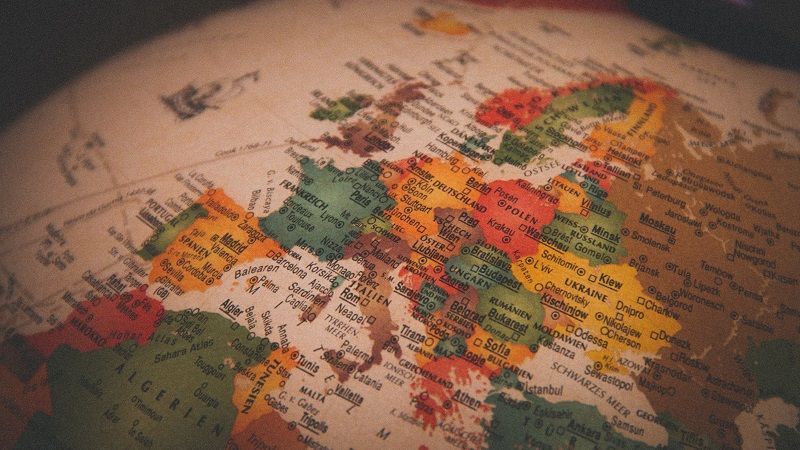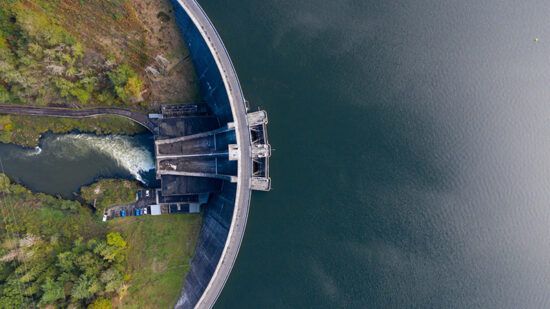Europe must recover its competitiveness if it is to maintain its status as a global leader on sustainability and inclusion, analysis by McKinsey has concluded.
According to Accelerating Europe: Competitiveness for a New Era, unless growth is re-energised, the standard of living across the continent could end up eroded. The report argued that Europe’s competitive strength has long been based on industrial excellence and continuous innovation, alongside robust supply chains, stability, a highly skilled workforce, affordable energy, and the wide availability of capital.
These advantages are starting to wane, McKinsey warned, however, with seven “new fragilities” coming to light: a lack of investment in next-generation technology such as AI; reliance on imported energy, particularly from Russia; rising cost of capital; weakening supply chains; the need to transition the workforce to new economies and technologies; continued fragmentation of Europe’s economy; and the ongoing trade wars across the globe.
The report’s authors wrote: “These seven priority areas will likely define European competitiveness in the new era. Looking across them, we estimate about €500bn to €1tn of value added could be at stake annually by 2030. To put that in perspective, this is in the range of 5% to 10% of Europe’s 2022 GDP in private industries, excluding real estate; three to six times the incremental annual investment needed to achieve net zero; or 12% to 24% of Europe’s social protection expenditure in 2022.”
They added: “To safeguard its future growth and prosperity – as well as the unrivalled sustainability and inclusion delivered thus far – Europe cannot afford to risk losing ground.”
Integrated agenda
The report has made a number of recommendations around measures the continent could take but concluded that any solution would require an integrated agenda built upon more ambitious goals. “It will also require public and private leaders to make strategic choices and weigh some difficult trade-offs,” wrote the report’s authors.
“There is always a cost involved in achieving bold goals, whether in capital, risk or what else may be deprioritised. Corporate Europe needs to play its part and look beyond company and sector boundaries, working hand-in-hand with policymakers to agree upon and then reach those goals. The challenge for Europe is to use this testing moment to act decisively, as it has done in crises of the past.”







